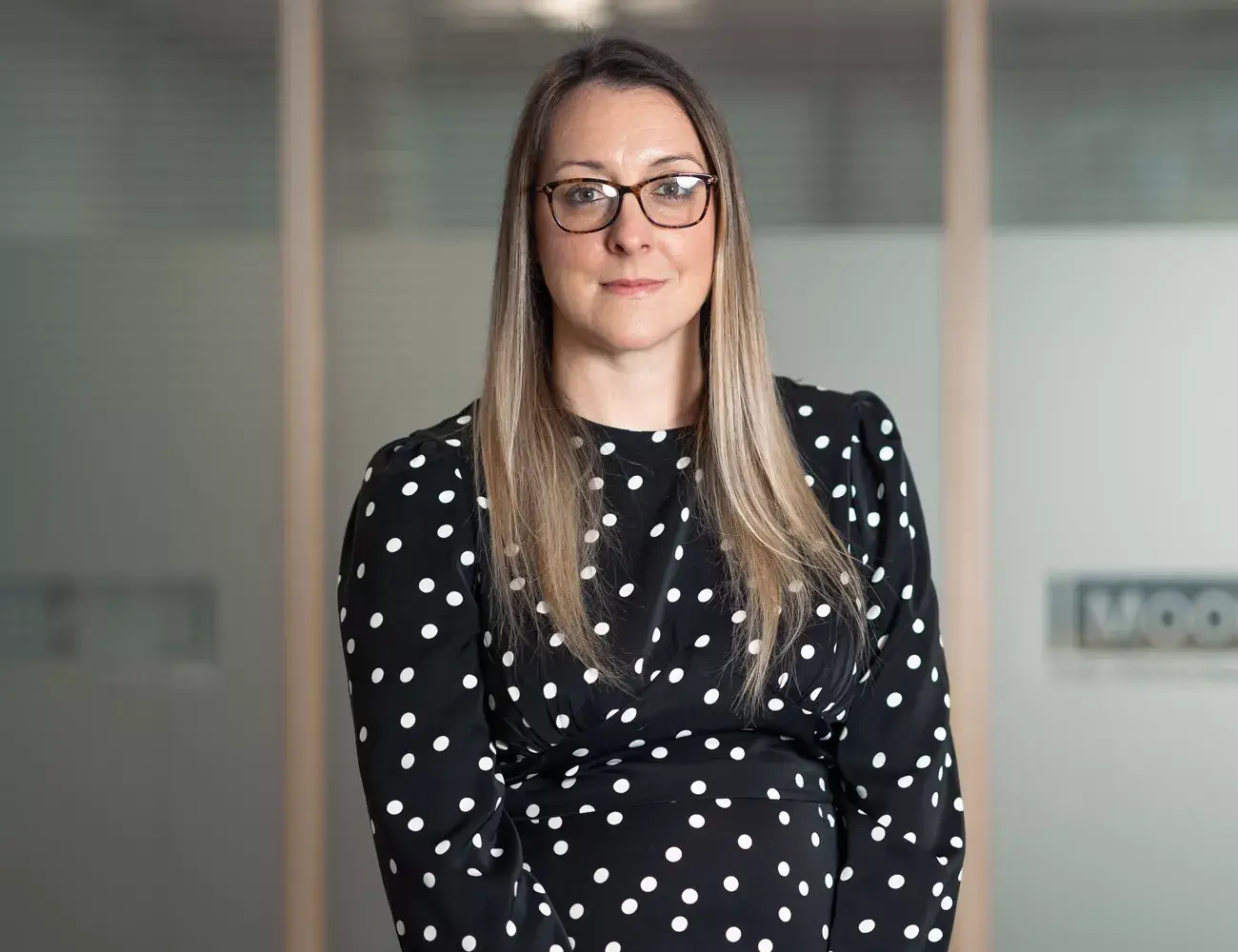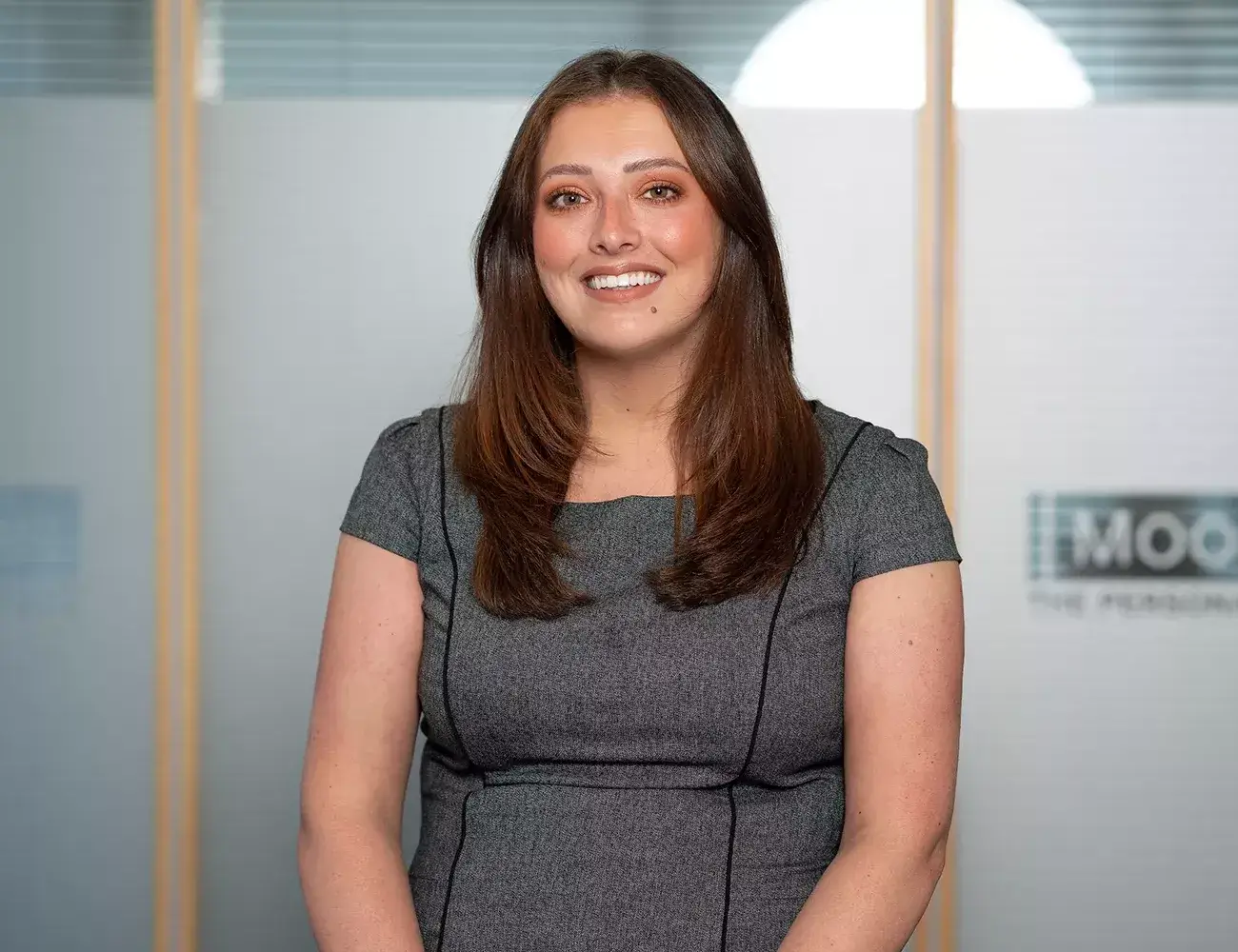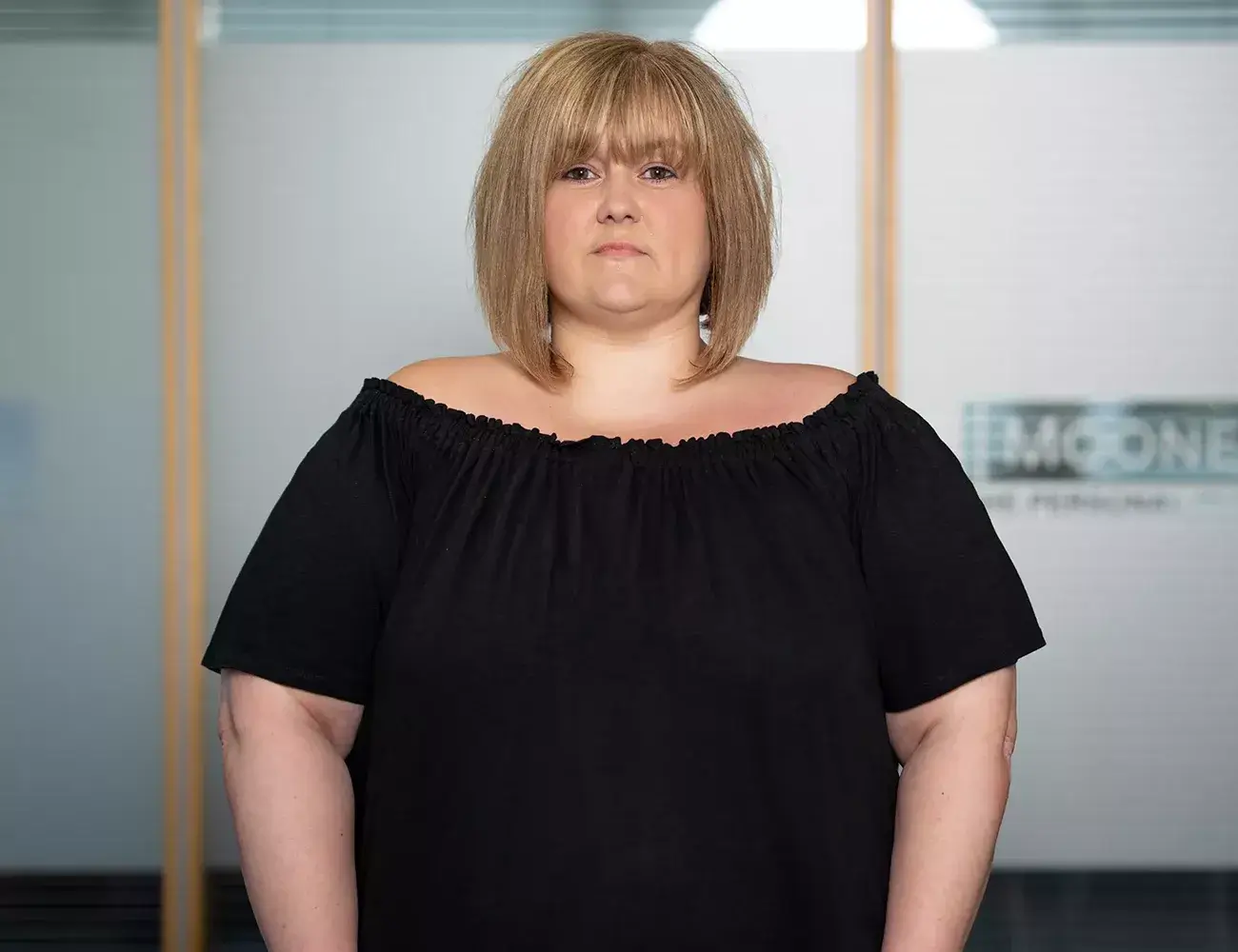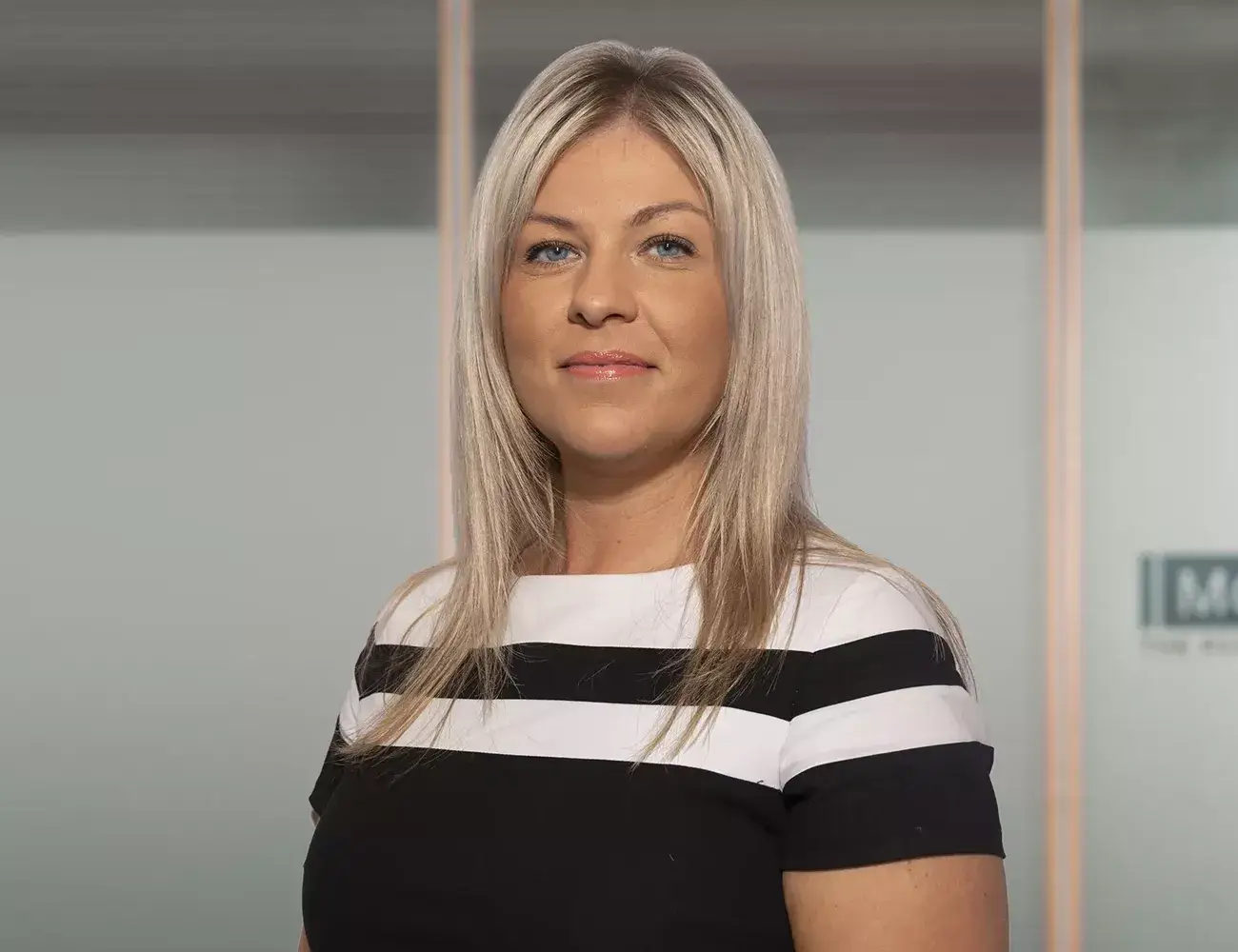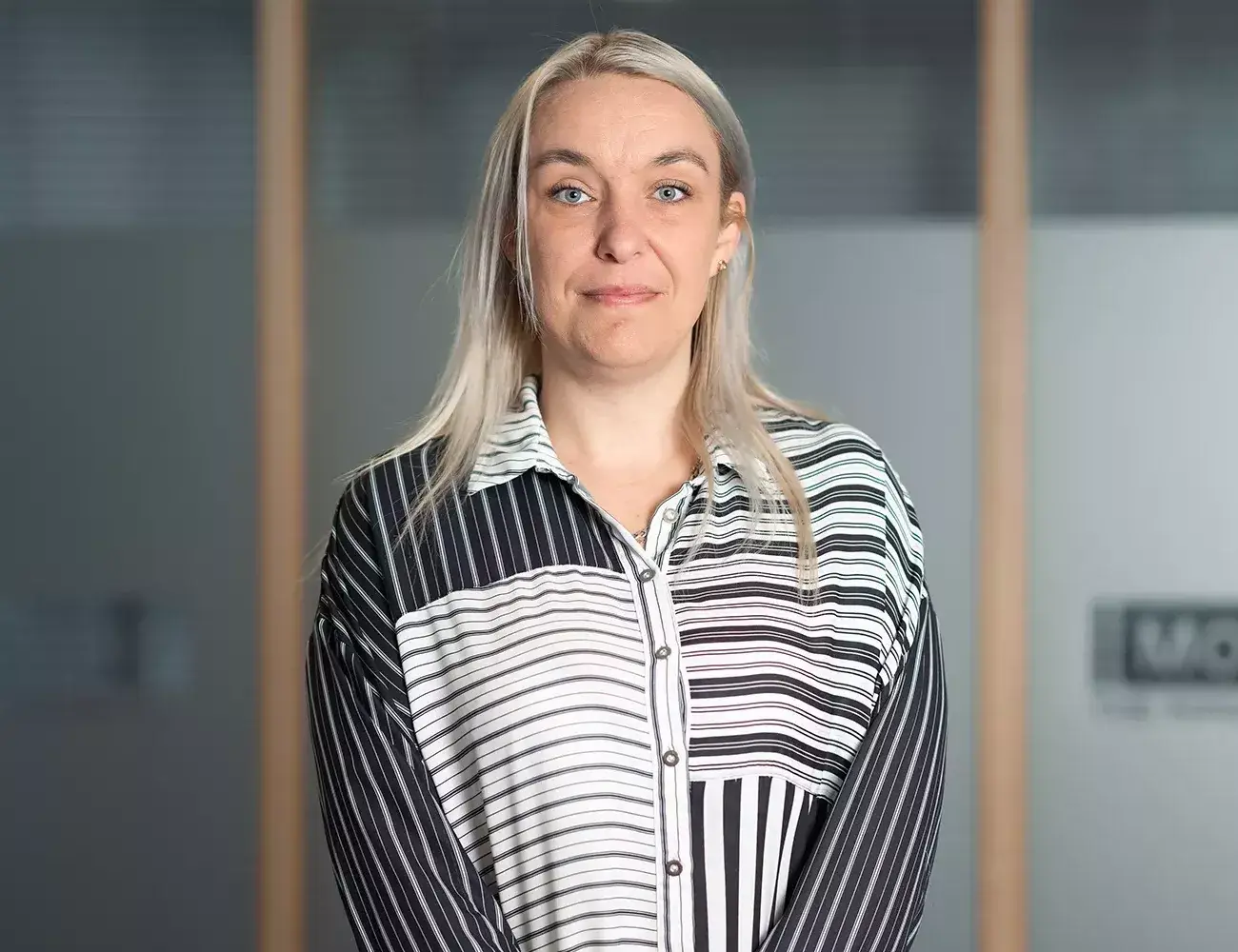Should I make a fatal accident claim?
Some people may think seeking compensation should be the last thing on a bereaved family’s mind. However, many families of fatal accident victims are in danger of financial hardship when they lose someone unexpectedly. This risk is particularly acute if the deceased was the primary or sole breadwinner in the family. Pursuing a claim against the other party to the accident is borne out of financial necessity in many fatal accident claims.
What is a fatal accident claim?
A fatal accident claim is a type of legal action pursued by the family members or dependents of someone who has died due to someone else’s negligence or carelessness.
Fatal injury claims are brought against the party responsible for the accident. This ‘party’ may be an individual, an organisation, or a business, depending on the type of accident. The claim aims to compensate the deceased person’s family for their loss. The only way the law can achieve this is by awarding compensation, i.e. money.
Of course, any compensation award is scant recompense for losing a loved human being. However, money soon becomes necessary when there is a family to support, so the law is vital in helping the deceased’s family get back on their feet.
Types of Fatal Accident claim
Fatalities can occur in any accident circumstances; car accidents, clinical negligence, accidents at work, or accidents in public places . Asbestos disease claims often turn out to be fatal accident claims, too, and this happens most frequently when the claimant is suffering from mesothelioma or asbestos lung cancer
In order to bring a successful fatal accident claim, the person claiming (the claimant) must be able to prove that the defendant was responsible for the accident and their negligence caused the death of their loved one.
For further reading, we also suggest taking a look at our Brief Guide To Fatal Accident Claims.
Who can bring a Fatal Accident Claim?
A fatal accident claim may involve two types of claim.
One claim is brought on behalf of the deceased’s estate. The other claim is known as a dependency claim.
To better understand this, we must look at the two acts of parliament that set out the law in each case.
Claim on behalf of the estate
The law relating to the claim on behalf of the beneficiaries of the deceased is called the Law Reform (Miscellaneous Provisions Act) 1934.
Had the deceased survived the accident, they would have had a right to bring a personal injury claim against the party at fault. The claim would have included the following:
General Damages
A claim for general damages (compensation) is a claim for pain, suffering and loss of amenity.
The Judicial College Guidelines for the Assessment of General Damages in Personal Injury Cases contain a section outlining the damages awarded for pain and suffering in Fatal Accident claims.
The amount a claimant can expect to recover in a successful general damages claim depends on how long the deceased survived the accident and their level of awareness of the injuries sustained.
In many fatal accidents, the period between the accident and the person passing away is very short, or it may even be instantaneous. As a result, any award of damages for personal injury in such cases is very low.
The asbestos diseases of mesothelioma and asbestos lung cancer are notable examples of fatal accident cases where there is often a relatively long period between diagnosis and death, with the person suffering from the disease fully aware they have a terminal illness, whilst at the same time having to contend with all the physical effects of the condition.
In such cases, the award of damages for pain, suffering and loss of amenity are often substantial.
Special Damages
Special damages include past losses, such as loss of earnings, and other items damaged in the accident, such as vehicle repair costs if the accident was a road traffic collision.
Other items will be recoverable in cases where the deceased passed away weeks, months or more after the wrongful act of another person or organisation. Examples include private medical bills or the cost of medical aids or equipment.
Funeral Costs
If paid by the deceased’s estate, funeral costs can be claimed back from the insurers of the wrong doer. However, the cost of having a wake after the funeral cannot be recovered and neither can the cost of getting probate.
Fatal Accidents Act 1976 – Dependency Claims
The dependents of the deceased can bring a fatal accident claim under the Fatal Accidents Act 1976
The term “dependent” has a specific legal definition in this situation and includes the:
- spouse,
- civil partner,
- cohabitees as long as they lived together for two years continually before the person’s death,
- child,
- parent,
- brother or sister,
- aunt, or uncle (or child of the last four mentioned).
The damages claimed in a Fatal Accident Act dependency claim include:
1. Loss of financial support
- Past loss of earnings – run from the date of death to the date of trial or settlement of the damages in a Fatal Accident claim
- Future loss of earnings – this can be a complicated head of damages to calculate for a claim, and it’s an area where you should seek advice from an experienced fatal accident claim solicitor.
The claim for future loss of earnings starts to run from the date of the court hearing or trial of the fatal accident claim (or the date of a negotiated settlement agreement). Lost earnings from the accident date to the date of trial or settlement are special damages – past loss of earnings.
- Loss of pension
- Loss of business income
2. Loss of services
This head of damages covers situations where the surviving family member(s) was or were reliant on the deceased for carrying out services such as gardening, DIY, cleaning the house, cooking, childcare and walking the dogs.
Over more recent years, successful fatal accident claims have confirmed the right to claim loss of services on behalf of disabled partners and disabled children of the deceased.
3. Bereavement damages
A bereavement award is a fixed amount of compensation paid to certain relatives of an individual who dies due to an accident caused by someone else.
In England and Wales, the amount for this award varies from time to time and is currently set at £15,120 under ‘The Damages for Bereavement (Variation of Sum) (England and Wales) Order 2020.’
The eligible family members who can claim this award include a spouse, civil partner, parents of an unmarried child below 18, and a cohabitee who lived with the deceased for two years before their death.
If multiple people are entitled to claim, the compensation is divided equally.
4. Funeral Expenses
Funeral expenses can be claimed in a dependency claim. However, if these were recovered as part of the compensation paid to the estate, there can be no further claim for funeral expenses and vice versa; there can’t be a double payment.
If you are reading this because you find yourself in the unenviable position of having to cope with the issues caused by the death of a loved one, don’t hesitate to call Mooneerams Solicitors to seek assistance instead of trying to deal with everything on your own.
You can call us any time on 029 2048 3615 and talk with one of our experienced legal experts. Your conversation will be confidential and on a no-obligation basis.
If you prefer us to call you back, leave your contact details in the form on the right-hand side of the page and press Start Your Claim. Don’t worry – you aren’t committing yourself to anything by sending your details. It will merely start the ball rolling so you can talk with us and get some advice!
No Win No Fee Fatal Accident Claims
If we can help further and you would like us to, we handle most fatal accident claims on a No Win No Fee basis.
If your claim is funded on this basis, you won’t have to worry about paying a large legal bill. If your case is unsuccessful, you will have nothing to pay us or anyone else. You only pay us a fee if you win your claim, and we recover (monetary) compensation.
Fatal Accident Claims and Representation at Inquests
The Coroner may conduct an inquest to investigate the circumstances surrounding the death. A coroner is a specialist judge who investigates deaths where the cause of death is unknown or the fatality occurred in violent circumstances.
It is important to note that the purpose of the Inquest is not to assign blame to any party. It is the job of other types of courts to establish whether and, if so, who is responsible for the fatal accident.
Instead, the Coroner’s court aims to establish the:
- identity of the deceased,
- time and date of death
- place of death
- cause of death.
An Inquest is a fact-finding process, and representation can be beneficial because it allows us, as your lawyers, to question the witnesses to the accident. They may have eyewitness information about the circumstances leading up to the death of your loved one.
This can help you to understand what happened and decide whether there are grounds to pursue a fatal accident claim. We may be able to provide representation for you at the Inquest.
What is the time limit for bringing a claim for fatal accident compensation?
If you have lost a loved one in a fatal accident, it is essential to take note of the time limits that apply bringing a claim for compensation.
The time (limitation) period for starting a fatal accident claim is generally three years from the date of the accident, but there are exceptions to this rule.
Seeking legal advice from an experienced personal injury solicitor can help ensure your claim is filed within the appropriate time frame and increase your chances of receiving fair compensation. Call Mooneerams on 029 2048 3615 to check the time limits for starting a Fatal Accident Claim and how they affect your own case.
Why should you choose Mooneerams Solicitors to handle your Fatal Accidents Claim?
Mooneerams solicitors are award-winning personal injury solicitors. We’ve been specialist injury lawyers for over 20 years.
We’ve handled many fatal accidents claims on behalf of clients who find themselves in the unenviable position of having to think about making a fatal accident claim because they have lost a close family member in an accident where the circumstances indicate another person was responsible.
Our legal team is mindful that clients who come to us after the death of a family member are going through a hugely difficult time in their lives.
We work efficiently, professionally and without fuss, ever mindful of the situation our clients find themselves in.
We handle most fatal accident claims on a No Win, No Fee agreement basis.






